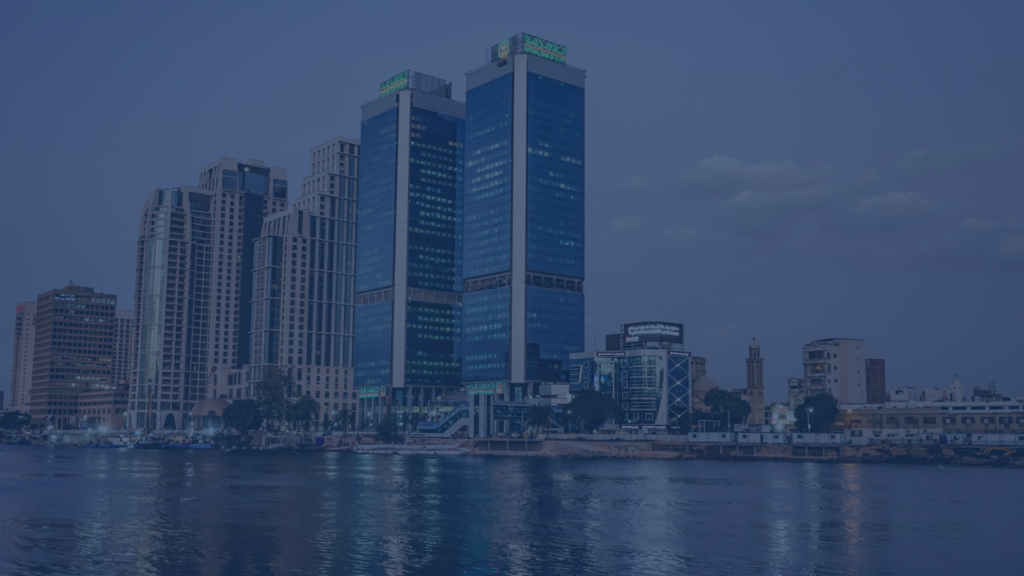The digital banking sectors in the UAE and Saudi Arabia are growing exponentially, allowing them to catch up with the more technologically developed countries in the world. The UAE’s fintech industry is currently growing at a steadier rate than Saudi Arabia’s, but the Kingdom is not far behind. Thanks to Saudi Telecom Bank leading the way, Saudi Arabia is quickly gaining ground in the digital banking revolution.
Inevitably, there are legal considerations for some digital banking technologies emerging in these countries. Regulations are being updated and new legislation is being drafted to account for the changes in technology. As such, it is important for businesses to keep up to date with the latest legal developments in order to ensure compliance.
Digital Banking Trends Over the Last Four Years
Starting around 2018, mobile technologies became a key feature of digital banking. Millennials and Generation Z saw the value in digital banking and this growing demand resulted in an increase in mobile banking applications.
Some other major trends in the digital banking sector have included:
- A stronger focus on online security in relation to online banking.
- A shift from desktop to mobile digital banking.
- The emergence of digital banks with no brick-and-mortar presence.
- The use of APIs (Application Programming Interface) to create more open banking.
- The use of blockchain technology (as part of Web 3 technologies) to help create more private and secure online banking channels.
- The emergence of artificial intelligence and the Internet of Things to create more digital banking experiences.
- The introduction of the metaverse and the concept of banking in virtual reality.
All these present new legal considerations for digital banking in the region. At the same time, these innovations also present exciting opportunities for businesses to explore. It’s worth looking at a few of these in more detail to see what legal challenges they might face over the next couple of years.
The Cybersecurity Implications of Using APIs in Digital Banking
Open banking is the new norm within Saudi Arabia and UAE. As part of the former’s Vision 2030 initiative, the use of APIs across banking institutions is helping people and companies share banking information faster and more efficiently.
Since much of this financial data is being communicated through third-party applications, security is a major legal concern. Financial information is one of the most sensitive types of data that can be transmitted digitally, and the sharing of this information can sometimes become problematic.
The integration of multiple technologies and applications can increase the risk of cyberattacks, which cause major legal ripples for both banks and customers. Due to many financial institutions wanting to rush API implementation into their financial infrastructure, some technical vulnerabilities might have been overlooked.
When this happens, many legal problems can occur. The affected parties might sue the bank for damages if a security breach occurs. A data breach can also lead to regulatory issues, especially if customers’ personal information is involved. Only a robust cybersecurity investment and a detailed response plan can help to avert and mitigate these potential risks.
Blockchain Technology & Its Unique Challenges
Blockchain technology is a powerful tool that can help businesses overcome certain cybersecurity issues. At the same time, blockchain (or distributed ledger technology) has its own legal implications and risks to consider.
A major aspect of this relates to the lack of accountability during an event in which financial data is compromised. While blockchain is generally considered secure, it’s still possible for data to be breached if passwords or other security keys are stolen.
Data input points could also be compromised, leading to the proliferation of false financial information. Despite the ledgers in blockchain technology being secure, compromising data from the entry point is still a possibility, hence leading to further security risks.
Should data be stolen, the distributed nature of the blockchain makes it difficult to pinpoint responsibility. Pinning blame on one company could create a legal quagmire, resulting in long investigations and little clarity for those who have been affected.
This is one of the key reasons why many businesses have been hesitant to fully adopt blockchain technology. No technology is perfect, which is why businesses need to be aware of the potential legal risks they might face when implementing new digital banking solutions.
The Potential Legal Risks of Newer Technologies Such as the Metaverse
We’ve all heard about the Metaverse and Mark Zuckerberg’s mission to restructure the World Wide Web as an interconnected world based in virtual reality.
However, the Metaverse itself still remains a concept in development. Facebook’s parent company — Meta is still working on perfecting the technology. But with VR technology getting more advanced by the day, it’s only a matter of time until the Metaverse becomes reality.
This means it’s inevitable that someday, digital banking will enter the Metaverse. While some critics may consider the Metaverse as a frivolous concept, it will eventually have a profound impact on the way we bank and do business — with the potential for some interesting implications.
Many financial institutions are recommending that banks get ready to use the Metaverse to help new banking customers build relationships with their banks. Since many people no longer visit their bank in person when they open their first accounts, the Metaverse can offer a new digital way to experience this in virtual reality.
Of course, the legal aspects of using the Metaverse mostly fall in the realm of cybersecurity again. With such a complicated digital landscape to design this, there will be many security aspects to consider. The potential legal risks could be higher than with any other digital banking solution currently available.
The Use of These Technologies in UAE & Saudi Arabia
The rapid arrival of these digital banking technologies in the UAE and Saudi Arabia has led to a big discussion about the legal and regulatory aspects of their use. But it’s also an exciting time for the region, as both countries are working hard to be leaders in the digital banking world. Thanks to the introduction of over 40 financial free zones and the fintech sandboxes in both countries, there are a lot of opportunities for businesses to operate in these economies.










